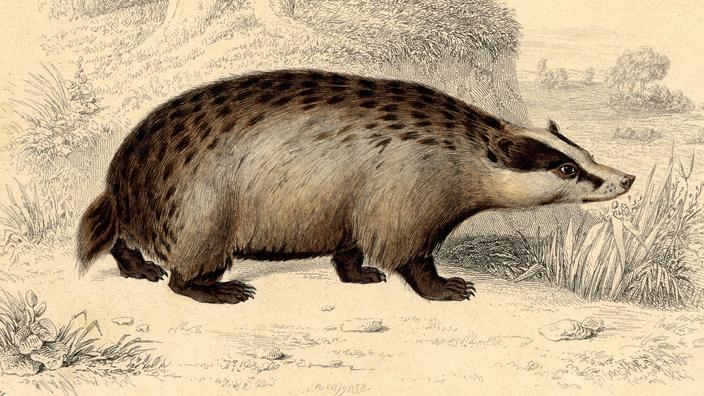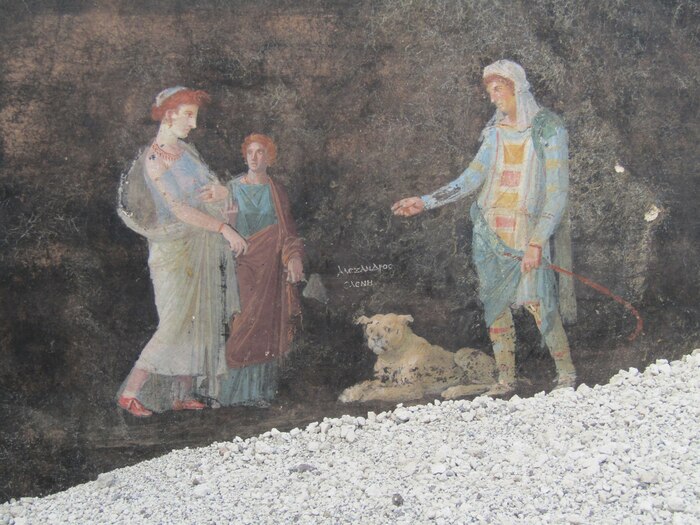He probably thought he was discovering worms or other insects while digging his hole.
But it is a treasure trove of some 200 Roman-era coins that has been unearthed in northwestern Spain through the efforts of a foraging badger, archaeologists have said.
Read alsoRemains from the Mesolithic and Bronze Age discovered thanks to Welsh rabbits
This discovery was revealed at the end of December in
Les Cahiers de préhistoire et d'archéologie de l'Université Autonome de Madrid
, a periodical journal published by the Madrid university.
The Spanish press then echoed it, a year after the terrible Filomena snowstorm which had paralyzed a large part of the country for ten days at the beginning of January 2021 and disrupted the ecosystem for a time, forcing certain animals to venture further from their den to find food.
Read alsoIn Chartres, the miraculous discovery of a Gallo-Roman carved wooden ceiling
According to the article published by the archaeologists in this journal, it was in the Cuesta de Bercio cave, in Grado, in the Asturias region, "
that the coins were found in the sand probably stirred up by a badger, at the foot of its burrow
.
A local resident saw them and alerted the authorities.
A group of researchers and archaeologists then made the trip in April to unearth the loot.
Read alsoGolden masks, lost cities, protohistoric map... The most remarkable discoveries of 2021
"It is a set of 209 pieces dating from the 3rd to the 5th century AD
", coming "
mainly from the north and the eastern Mediterranean
", from Antioch, Constantinople, Thessaloniki, Rome, Arles , from Lyon but also from London, details the article.
The researchers, who believe that it is "
an exceptional discovery
", suggest that these pieces could have been deposited there, due
to "a context of political instability
" in particular linked to the invasion of the Suevi, a Germanic people, in the northwest of the Iberian Peninsula.








